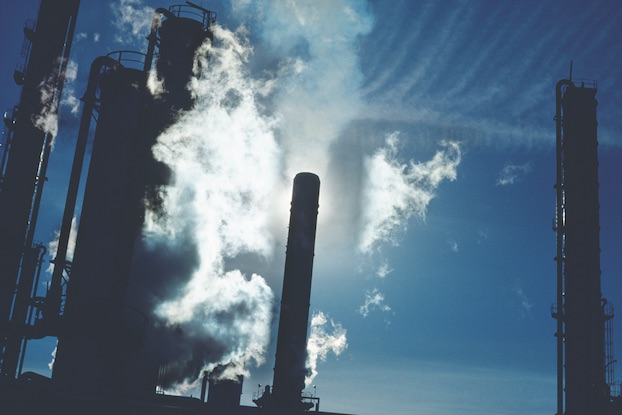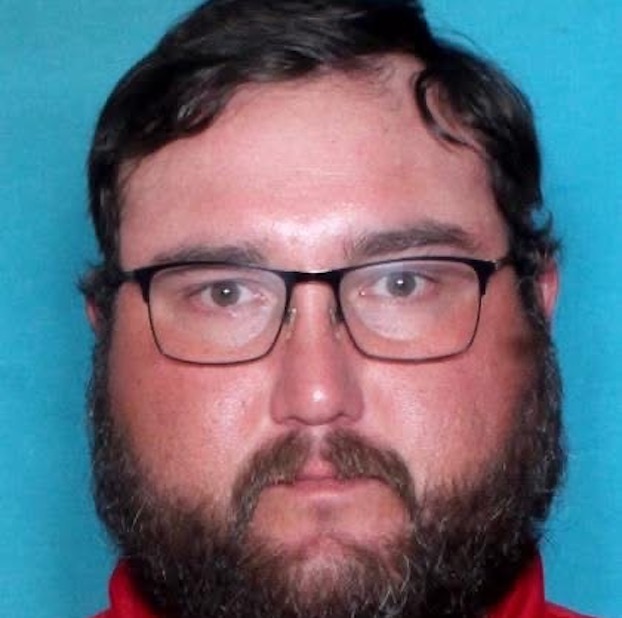Westlake Corp. holds hearing on permit bid
Published 7:22 am Tuesday, August 13, 2024

- (Metro Creative Serivces)
Sixteen people showed up to ask questions about Westlake Corporation’s plans to install two new hazardous waste fired hydrochloric acid production furnaces.
“It’s called a halogen acid production permit or an HCL production permit that permits us to utilize the combusted material then absorb and desorb HCL in our process,” explained Don Johnson, Westlake Corp environmental specialist.
To get a permit, the Resource Conservation and Recovery Act (RCRA), which governs the disposal of solid waste and hazardous waste and the Hazardous Waste Combustors National Emission Standards for Hazardous Air Pollutants (HWC NESHAP) requires Westlake to hold an informal public meeting. Mail outs and newspaper ads advertise the meeting that allows for questions from the public.
It was held 3–5 p.m. at the Sulphur Library. One of the participants asked about the time, suggesting it was not ideal for people who wanted to find out more about the project but couldn’t take off work to do so.
With permit approval, Westlake will recover chloride (HCL) from various waste streams from the Westlake plant (the old PPG plant) and plants in Geismer and Plaquemines to use in a new process. Waste would be delivered mostly by rail, some by truck.
Currently, the waste is being used in one of Westlake’s manufacturing processes that is no longer profitable. Material recovered from the new process will be used at Westlake’s vinyl chloride and ethyl dichloride plants.
The EPA requires 99.999 percent of contaminants in the waste be removed and destroyed.
“And what happens if it doesn’t get to 99.999 percent,” asked Cynthia Robertson, Micah 6:8, a non-profit focused on the health and well-being of the community.
“We shut it down, we will not be able to operate,” Johnson said.
Operating parameter limits will be monitored continuously and if any of those go out of range then the waste stream will automatically shut off, and there will be a CO continuous emission monitor on the stack.
Charlie Atherton said he would rather see full-time, real time monitoring, and not just of CO.
Questions were asked about the integrity of the tanks, plans for lightning, why the fire suppression map was from 2001 and why wasn’t the air quality of sensitive, more at-risk populations considered such as those in nursing homes and those visiting close-by parks.
“The life of our children, our air, our water and our food is at stake,” one woman said.
“So, you’re going from one process to a process that increases our air pollution, even though it’s within limits because you need the stuff that you’re going to get from it to make a product that y’all think is more marketable?” Robertson asked.
“We run a business, okay? And we are profit-motivated. We strive to comply with all of our regulatory requirements and limits. We’ve wired with DEQ and EPA to make sure we do that,” Johnson said.
Chip Swearngan, Westlake Corp. Communications answered the question asked at the informal meeting about the urgency to expedite the permit by email.
Westlake requested expedited permitting for the project, a routine administrative procedure allowed by LDEQ, as a proactive measure to help ensure the permitting process could advance in order to allow construction to start and not impact the project schedule. While RCRA Class 3 permits and some air permits may take a year or more to be issued, Westlake routinely uses the expedited permit process to give LDEQ the flexibility to use its limited permitting resources efficiently. In consultation with LDEQ, the department indicated that requesting expedited permitting for this project would be acceptable.
A 60-day public comment period began on July 5, 2024, and will end on Septe. 3, 2024, during which time all interested parties have the opportunity to review the permit modification request and to submit written comments to the LDEQ. The permittee’s compliance history during the life of the permit being modified is available from the LDEQ.





